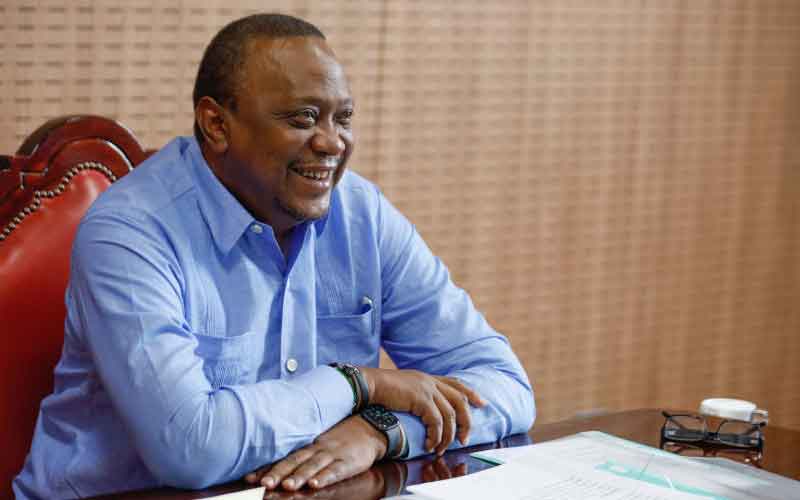×
The Standard e-Paper
Fearless, Trusted News

The international relationships cultivated by President Uhuru Kenyatta (pictured) during his time in office are once again playing an important role in helping Kenya emerge from the Covid-19 pandemic crisis.